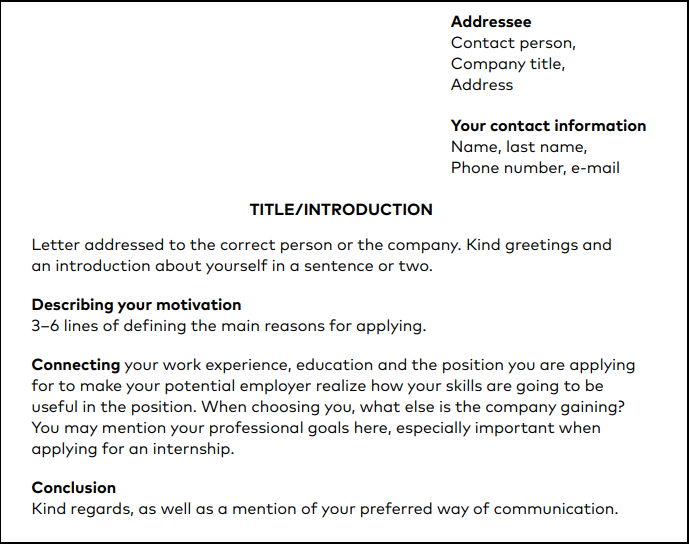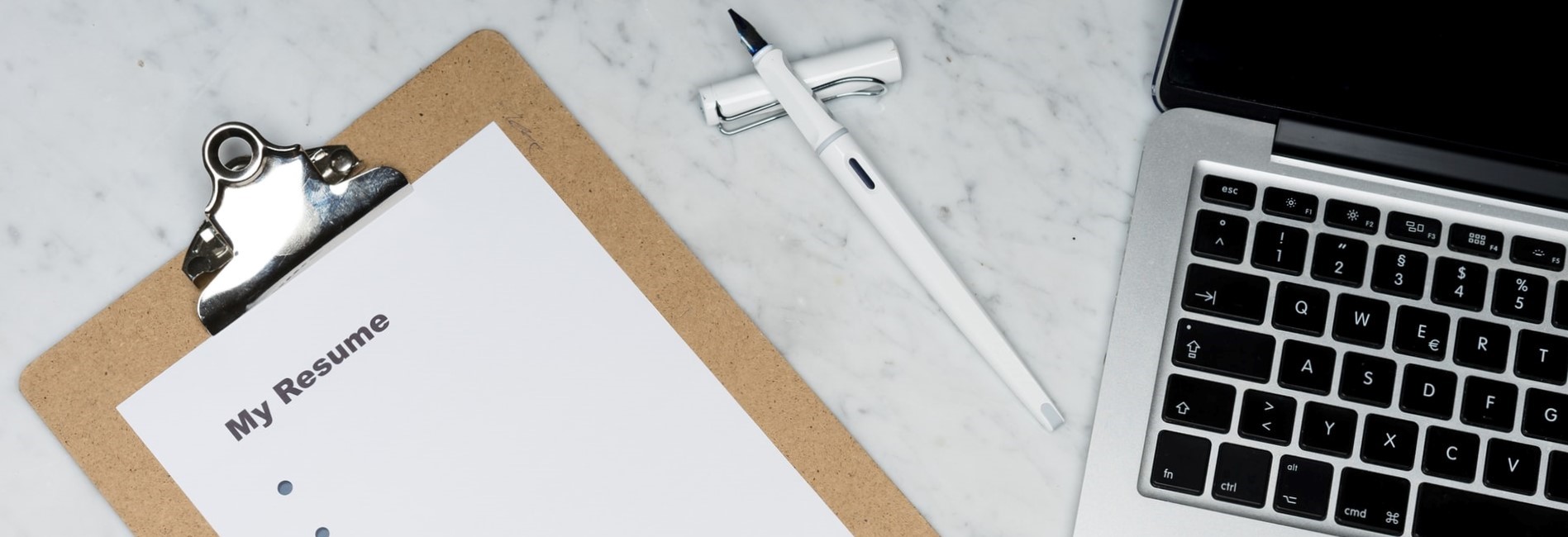
The CV and motivational letter are not the beginning of a internship or job search, it is a collection of past experience with the aim of creating a positive impression for the employer. Applying for a vacancy is the first step that creates an impression of you to your employer. Therefore, it is important to think about what CV you create, what you write about yourself in a cover letter and how you send these documents to a potential employer.
CV of any format is a good CV if it is written well, clear and comprehensible. It should not be neither empty nor stuffed with information, as well as free from grammar mistakes.
Before you pick a template, think about:
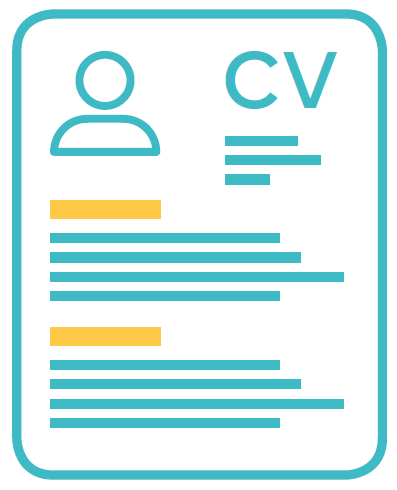 Chronological CV
Chronological CV A classic template that shows your education, work experience and skills in a chronological order. You may pick this template if your experience has been sequential without long breaks and your education matches your professional experience. This CV helps to make a good impression of a clever and hard-working specialist.
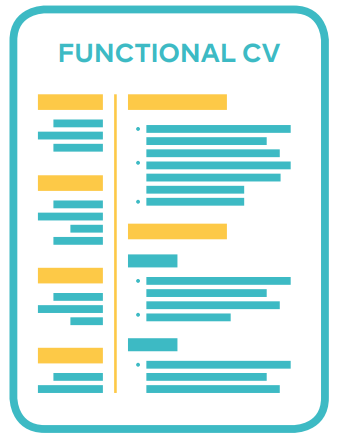 Functional CV
Functional CVIt is advised to use this template if you have no to very little work experience, or if you have changed jobs a lot and had long breaks in between them. Functional CV is good for looking for your first job or going into a different field. You would describe your skills, competences and achievements, however, education and work experience are mentioned later in a functional CV.
CV example HERE
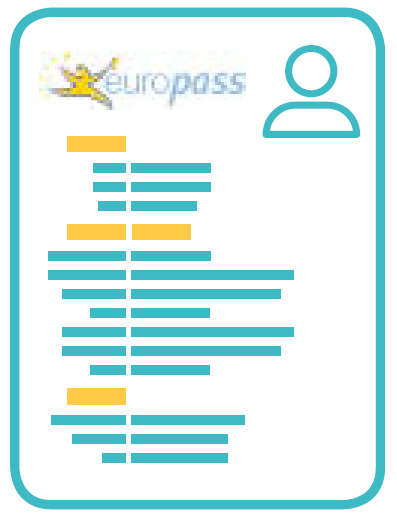 Europass CV
Europass CVThis a template created by the European Commission consisting of a chronological CV, language passport, mobility passport with a diploma and certificate supplement. It is useful when looking for jobs and internships in Europe and international companies. Europass provides a good template to compile a lot of information of your past experience. It is easy to edit and add information in an online editor.
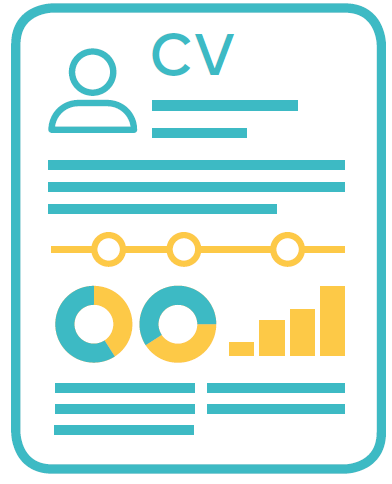 Modern CV
Modern CVIf the role you are applying for encourages you to be creative and original, it is worth considering creating your CV in a graphic editor or buying a ready-made creative template. One sheet format, infographics and short sentences are usually key elements of the non-standard CV.
CV example HERE
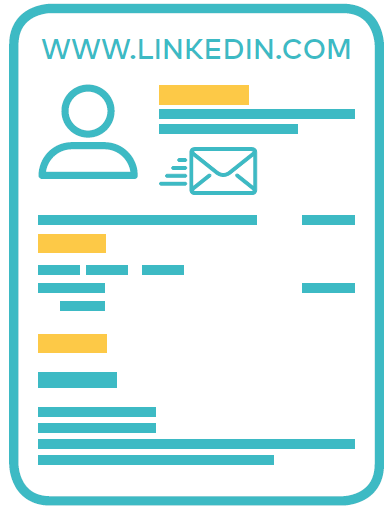 LinkedIn CV
LinkedIn CVCareer-oriented online network LinkedIn allows to search in an online CV database. This format shows your professional experience and lets you grow a professional network. Stylistically correct and quality CV increases your chances of a recruitment specialist reaching out to you.
Your profile is Your CV, so keep cleen and official
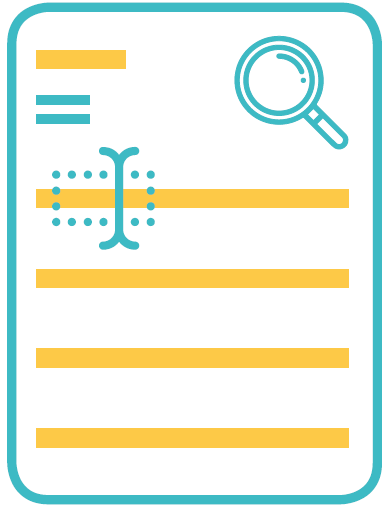 CV templates in various vacancy website databases
CV templates in various vacancy website databasesIf you register and fill out CV forms in various vacancy websites, it may increase your chances of being reached out to. These templates are made for easy use in these websites, however they look bad if you use them instead of a proper CV.
Some might say that the cover letter is just a formality that does not matter much in the recruitment process. That can be true. However, if someone reads cover letter, an impersonal copy-paste letter will decrease your chances significantly as it signals negligence and lack of interest. Some companies pay a lot of attention to exploring the motivation of their potential employees, so the time invested in writing your cover letter will not be wasted.
 Cover letter is worth a lot more if you are applying for a position that has not been advertised!
Cover letter is worth a lot more if you are applying for a position that has not been advertised!
